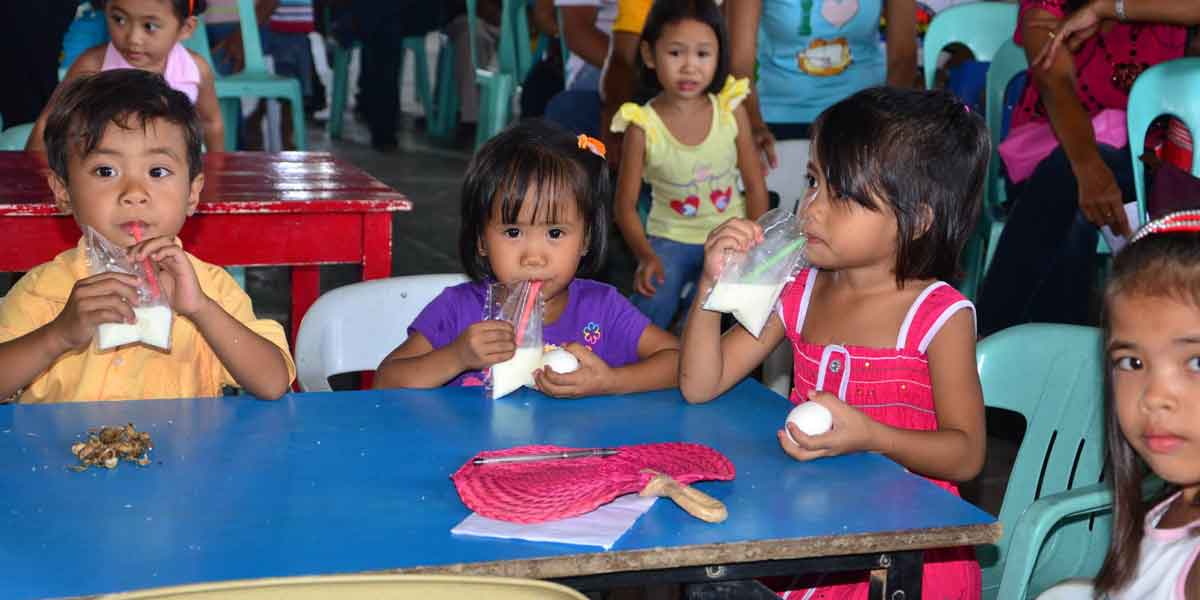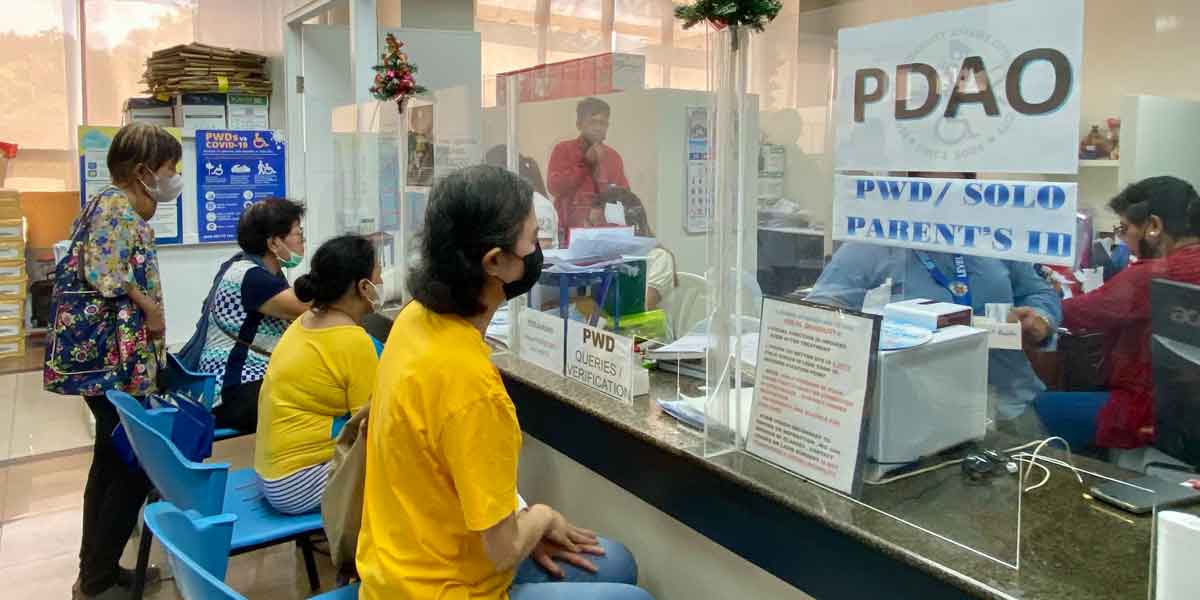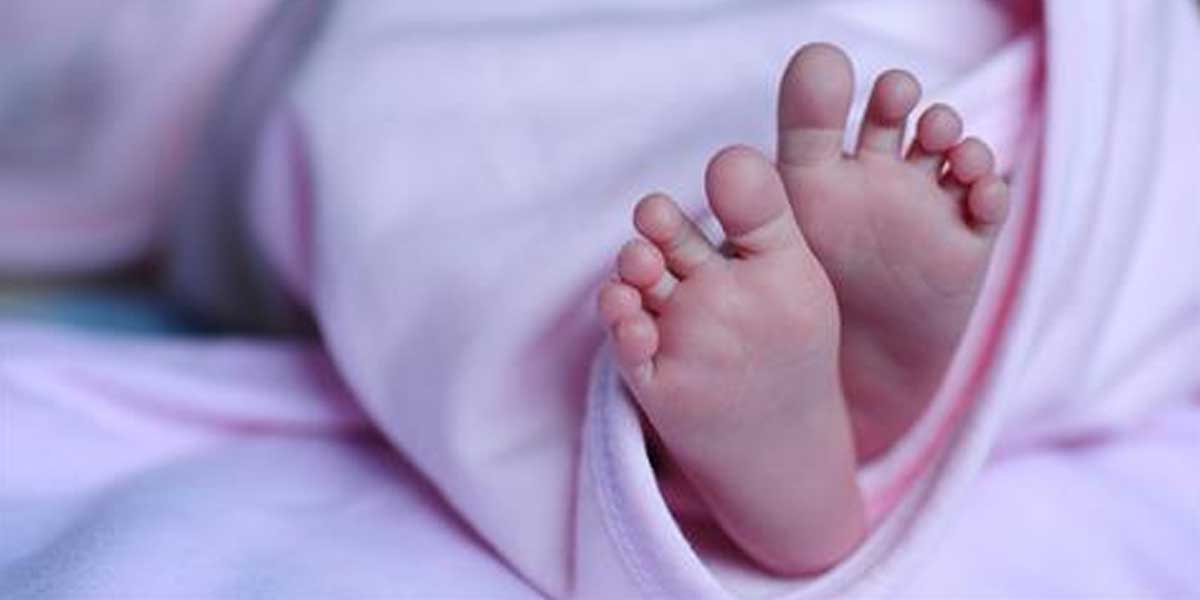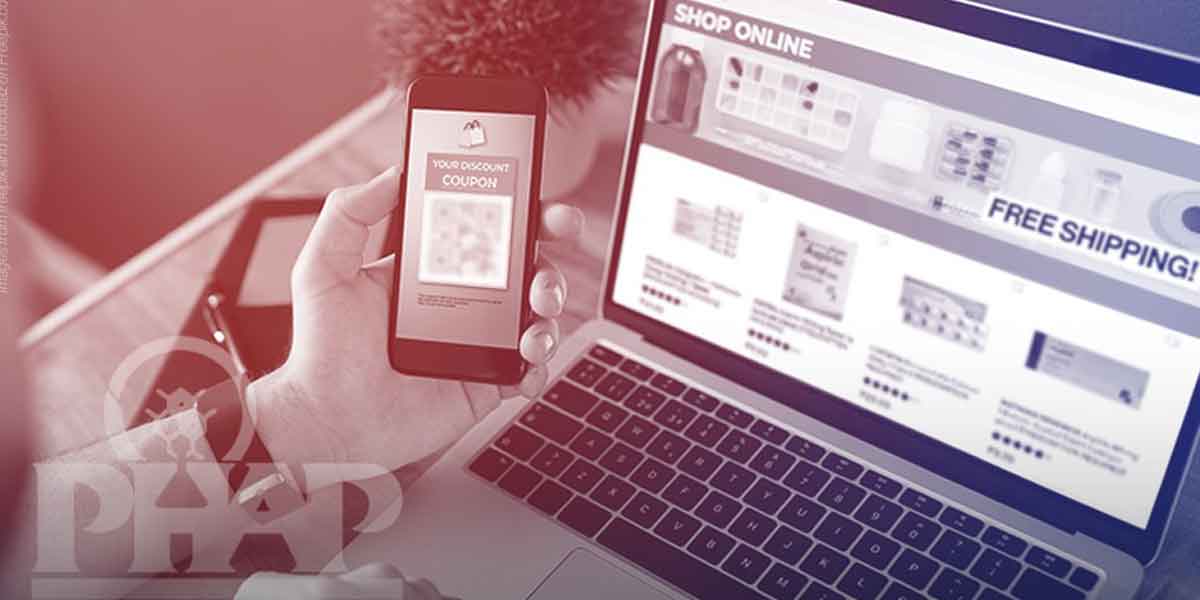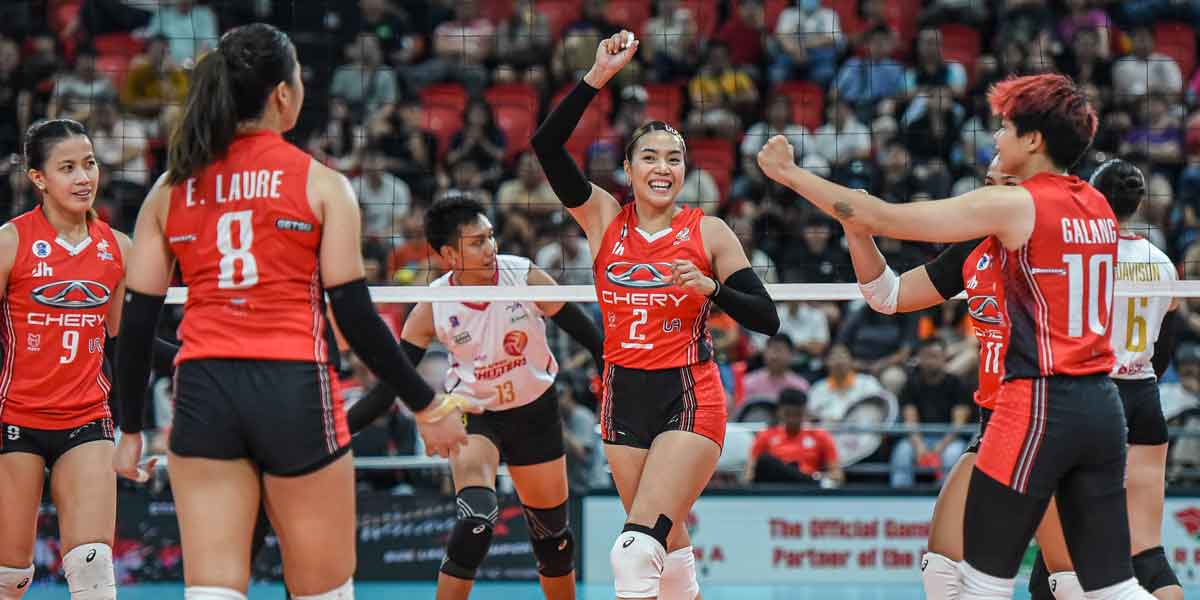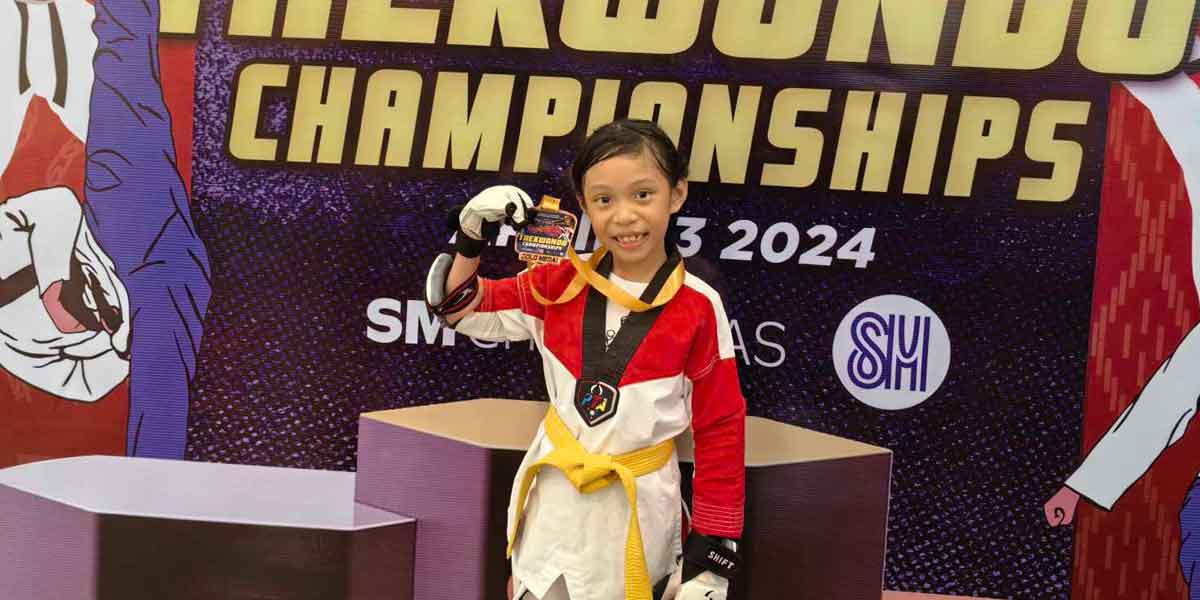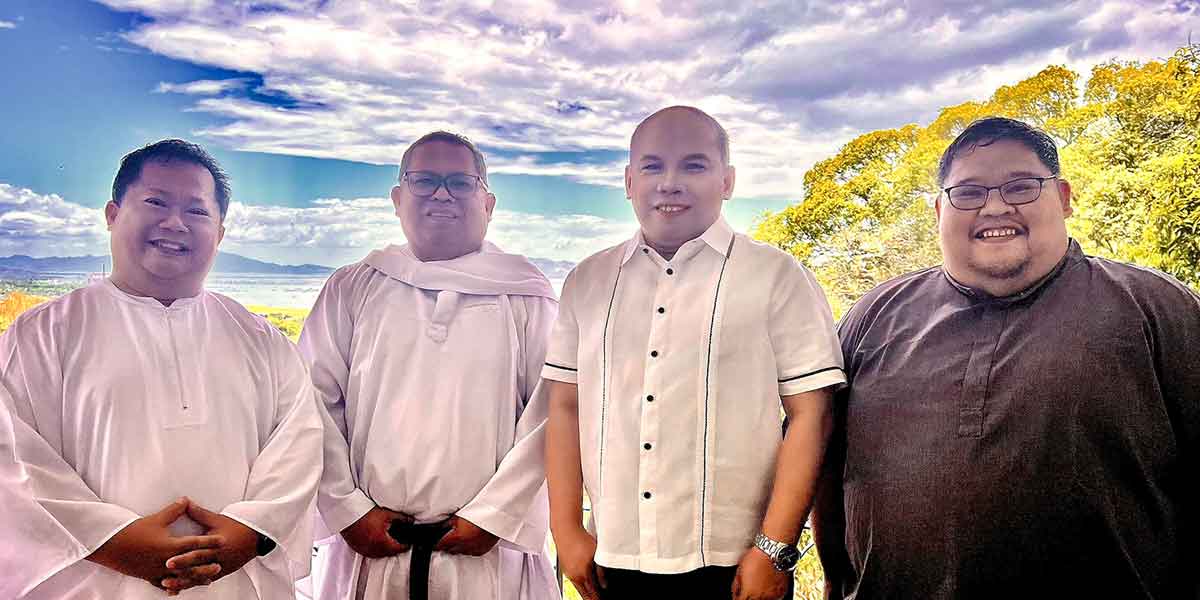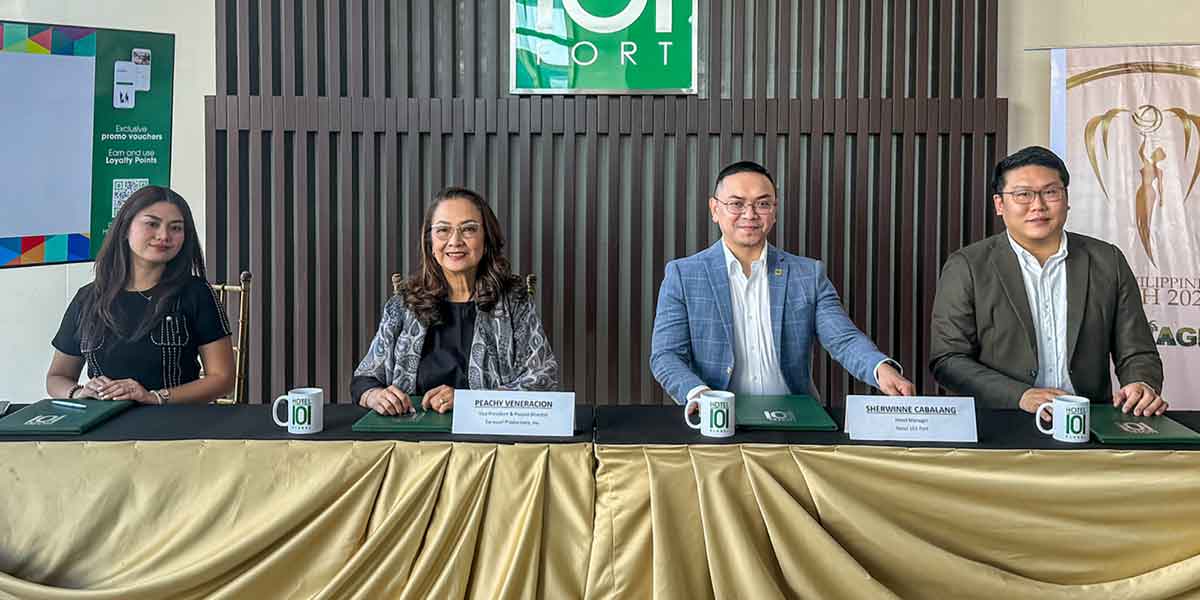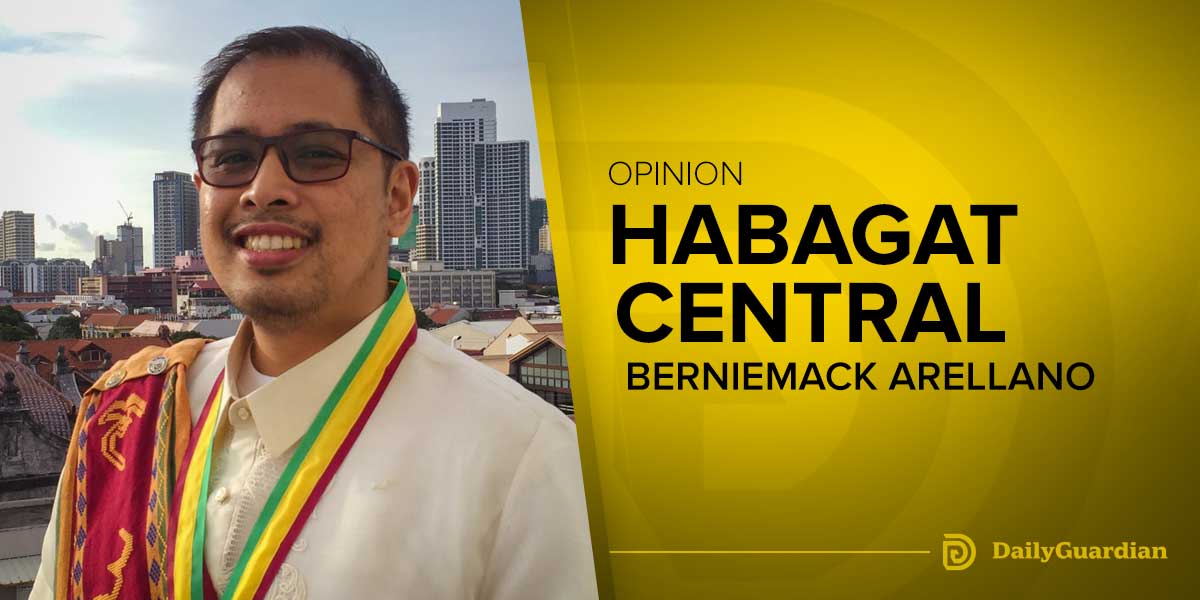![]() By Reyshimar Arguelles
By Reyshimar Arguelles
As I am writing this, the nation is waiting for the President to take the podium and lay out the accomplishments and future plans of his administration. For all the fanfare that surrounds it, the State of the Nation Address is an attempt to show credibility and trustworthiness.
And considering that this administration is now halfway through its term, it finds itself in a desperate position to explain its past actions and show to the public that it could do a lot better in the next two years.
But we have to focus on two important questions: Has the country fared well under his watch? and Has he delivered on the promises that elevated him to a position of power in the first place?
At any rate, a SONA does not provide an accurate gauge for the number of accomplishments a sitting President has achieved. Likewise, it does not provide an objective narrative of social, political, and economic developments on the ground. After all, what leader would present an enumeration of facts that could destroy his image?
To some, the SONA — whoever delivers it — is a platform for fostering trust in state institutions. As such, we can never expect unfavorable issues to take the spotlight if such issues reinforce dissent. Moreover, statistics, graphs, and other types of information do not constitute the totality of truth since such data are prepared by the state itself.
We cannot have an accurate accounting of the supposed successes of this administration, but citizens can conduct their own appraisal based on developments that have transpired throughout the four years Duterte stayed in power.
One issue that has supposedly built the Duterte brand is its drive to rid the country of criminality. This administration’s peace and order drive is anchored on the maximization of state power to clean up barangays of illegal drugs. Duterte’s call to use force against drug lords, pushers and addicts was welcomed as a necessary measure to ebb the country’s prevailing problem with illegal drugs.
Supporters would point out the supposed successes of this iron-fisted campaign, referring to high-profile drug personalities who were either forced to surrender or eliminated outright. But what has fallen under the radar is the number of innocent victims tagged as “collateral damage,” according to a report by Human Rights Watch. The only time authorities were held accountable for showing excessive force was the conviction of three policemen who were involved in the killing of 17-year-old Kian delos Santos in 2017.
To ask whether the Duterte administration has done its part in making our streets safer using aggressive means does not take into account the actual outcomes of the campaign.
If peace and order is what we are supposed to be getting, then the state must resolve the dysfunction that exists within its own ranks lest it causes distrust among the people it seeks to protect. And with the implementation of the Anti-Terror Law sans the mechanisms for ensuring transparency, the problems with force will become even more pronounced.
Of course, there is also the administration’s desire to follow an independent foreign policy. Following pronouncements that he would distance himself from the country’s “traditional ally” (the United States), Duterte had gone on record to throw his support to the People’s Republic of China.
This move has been described as a strategic decision, but it does not take into account the full geopolitical realities at play. All the same, the administration’s desire to destroy the Philippine oligarchs does not address the issue to its fullest extent.
So, what can we draw out from this year’s SONA? The same thing we got from the SONAs that came before: The idea that we cannot simply take speeches at their face value. There is a need to stay critical, especially in these trying times when government decisions will doom us before the end of this pandemic and this administration.

